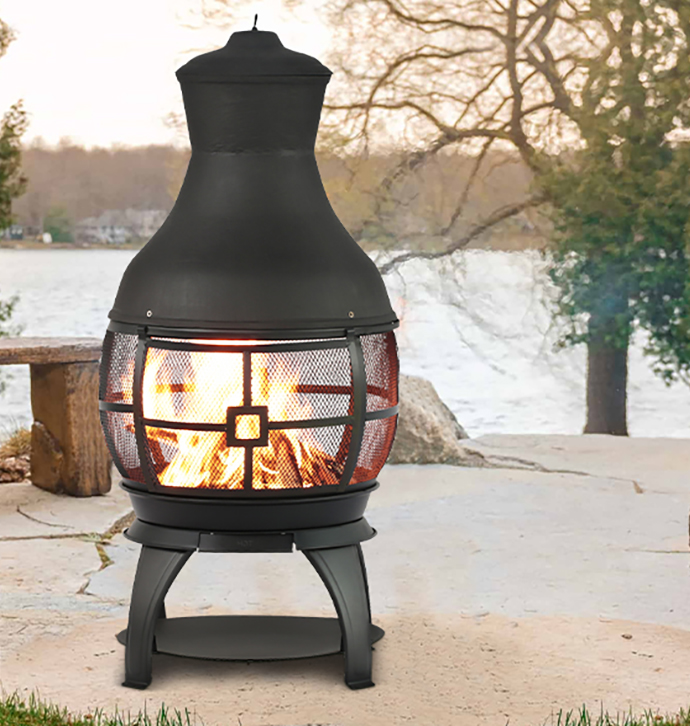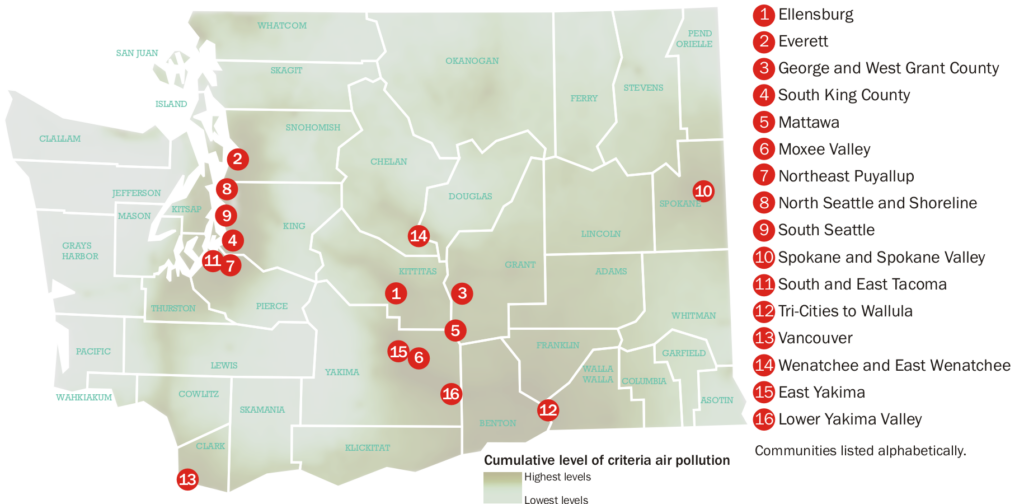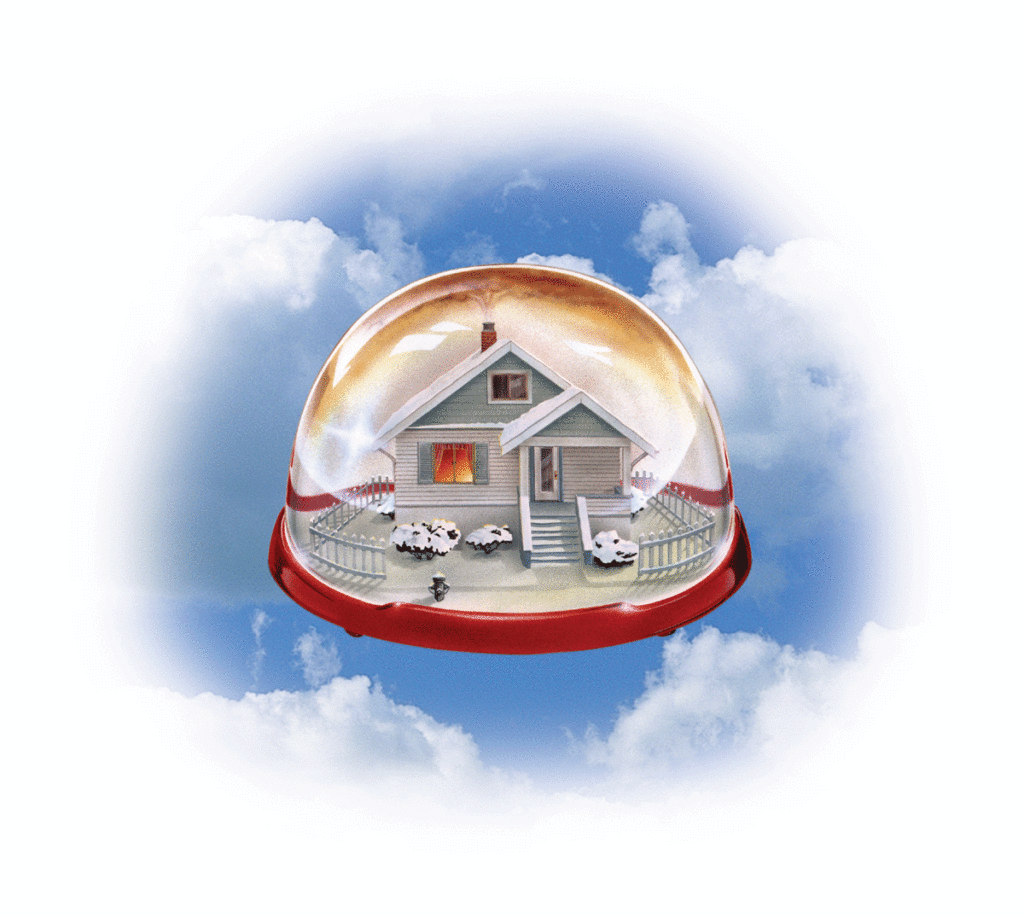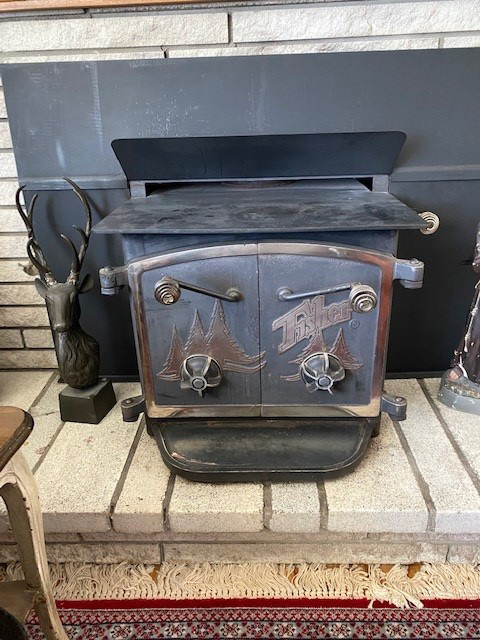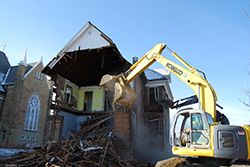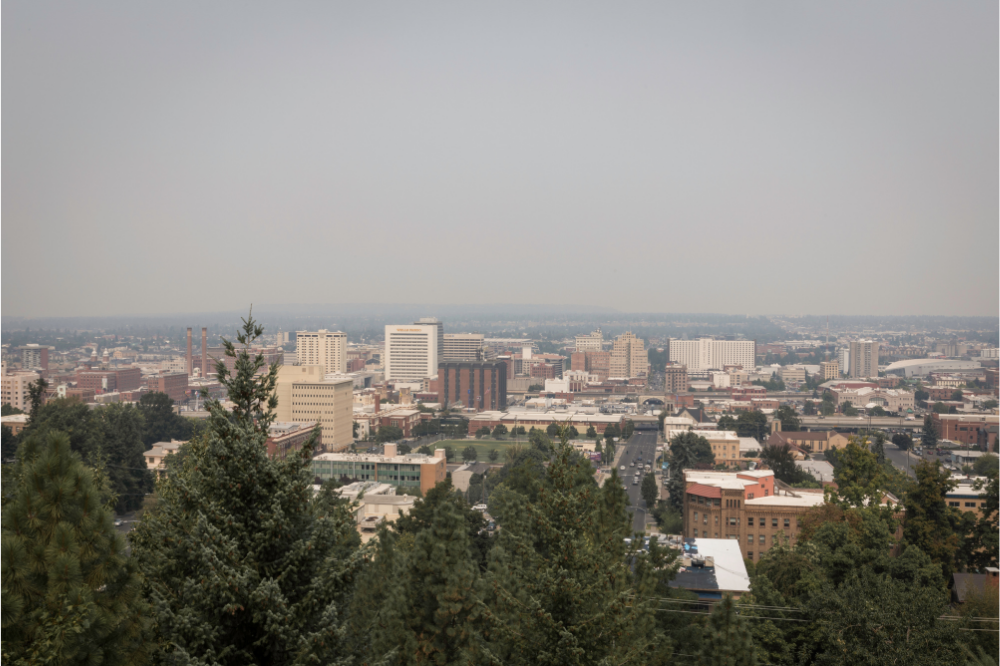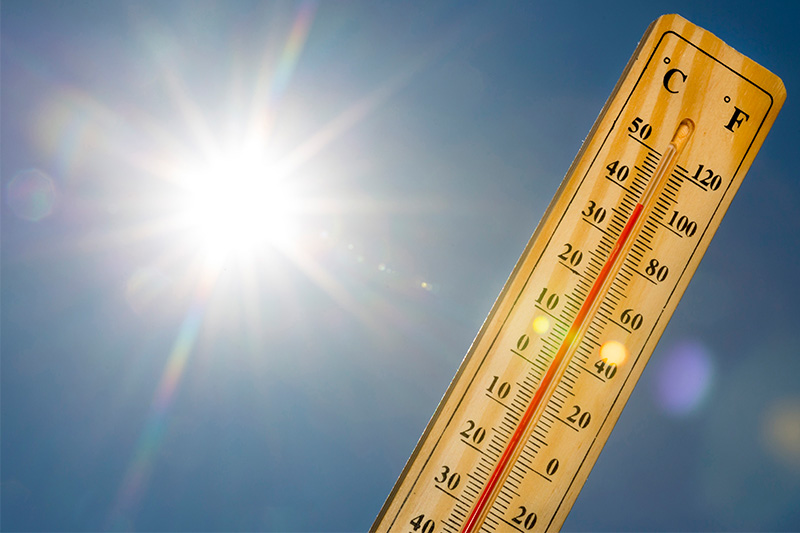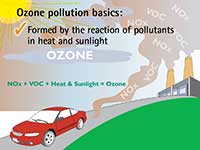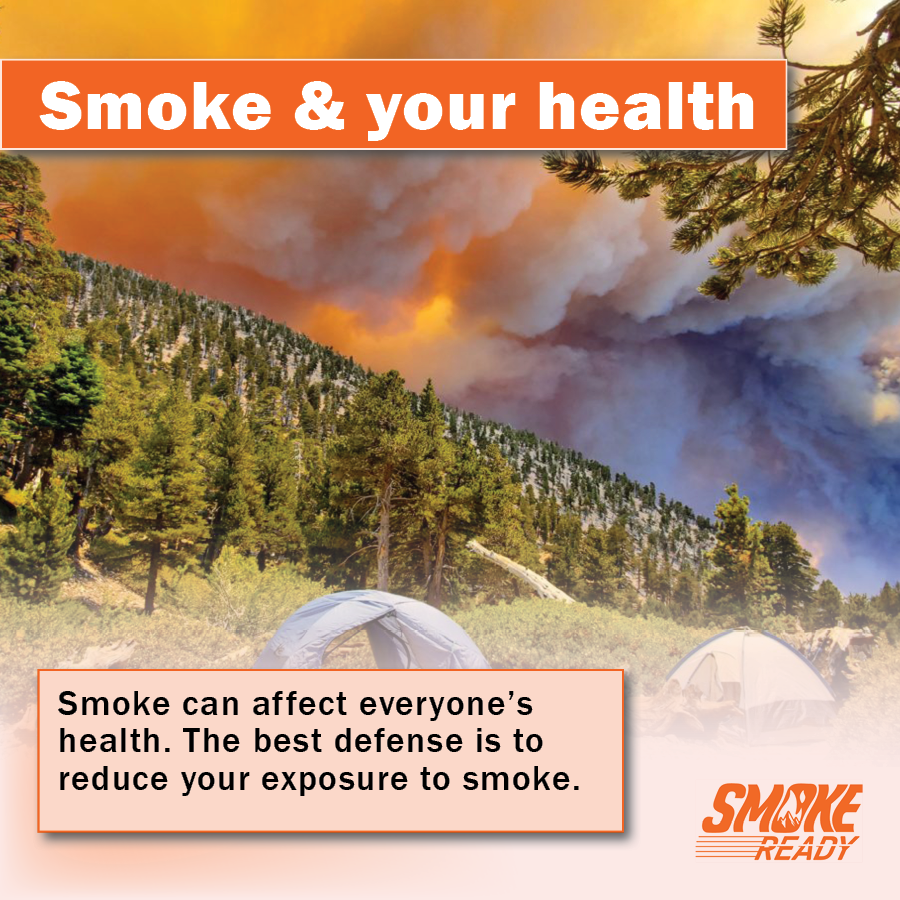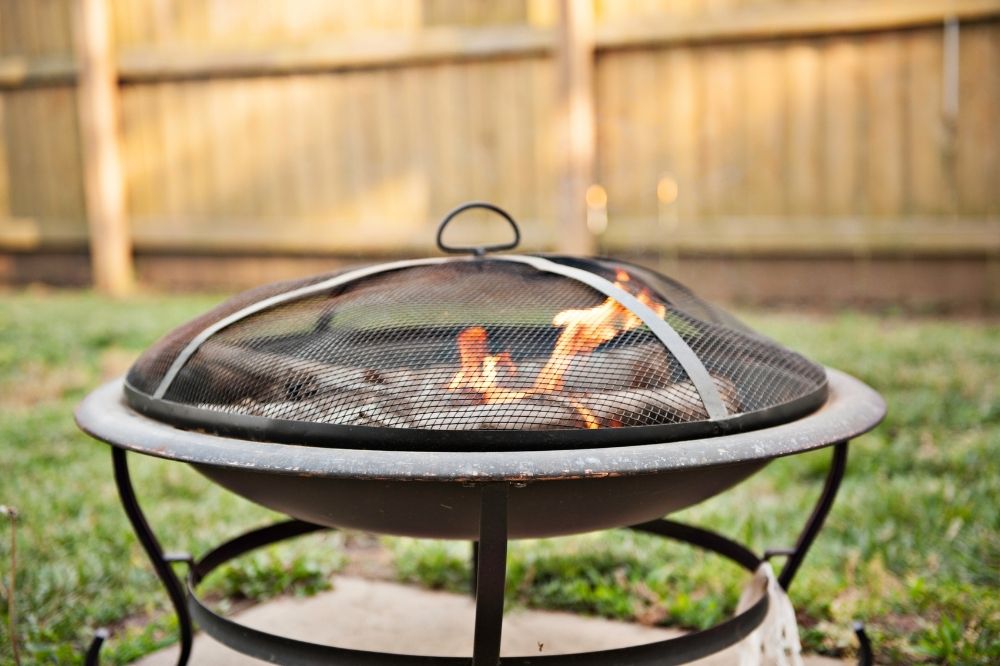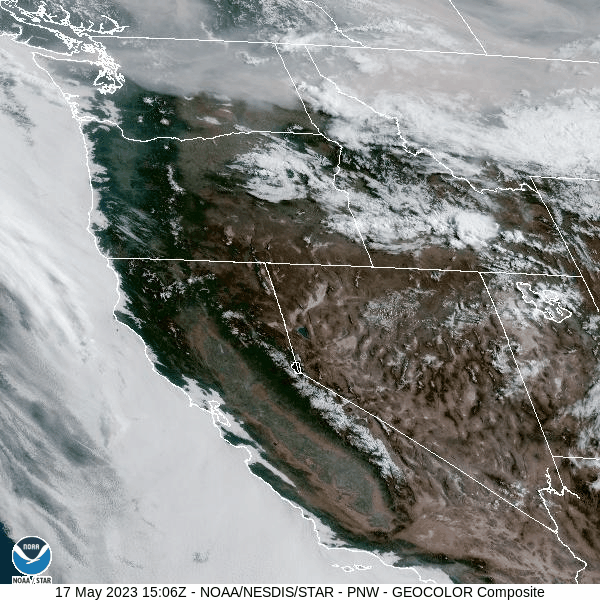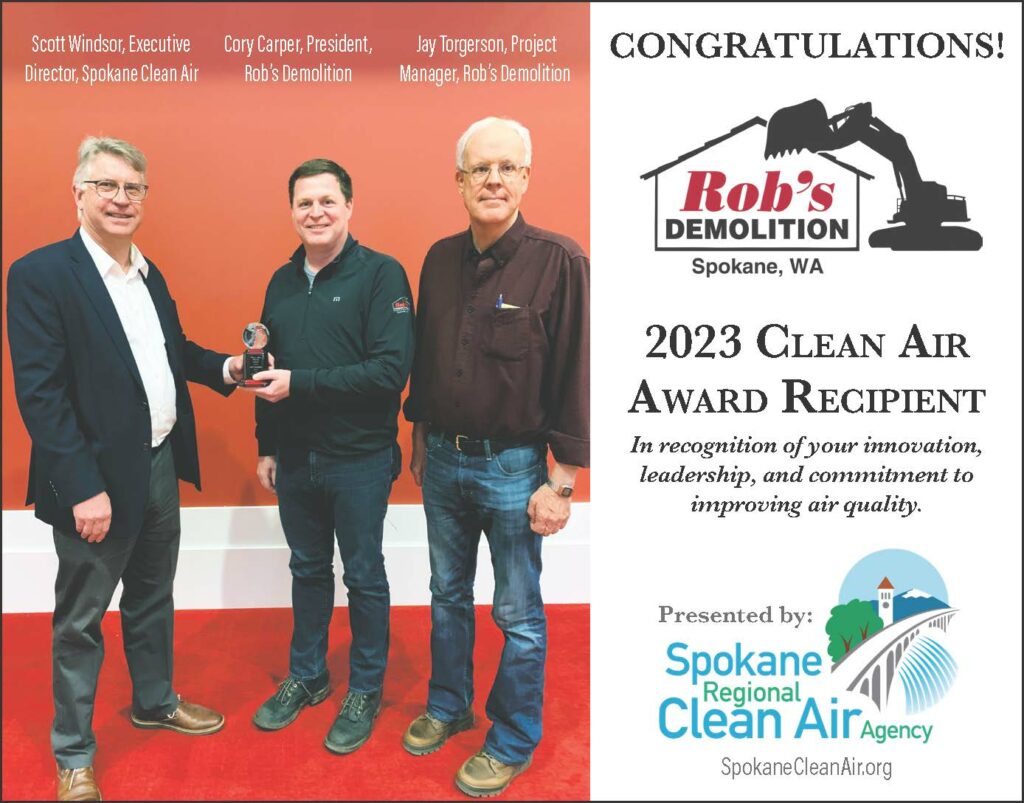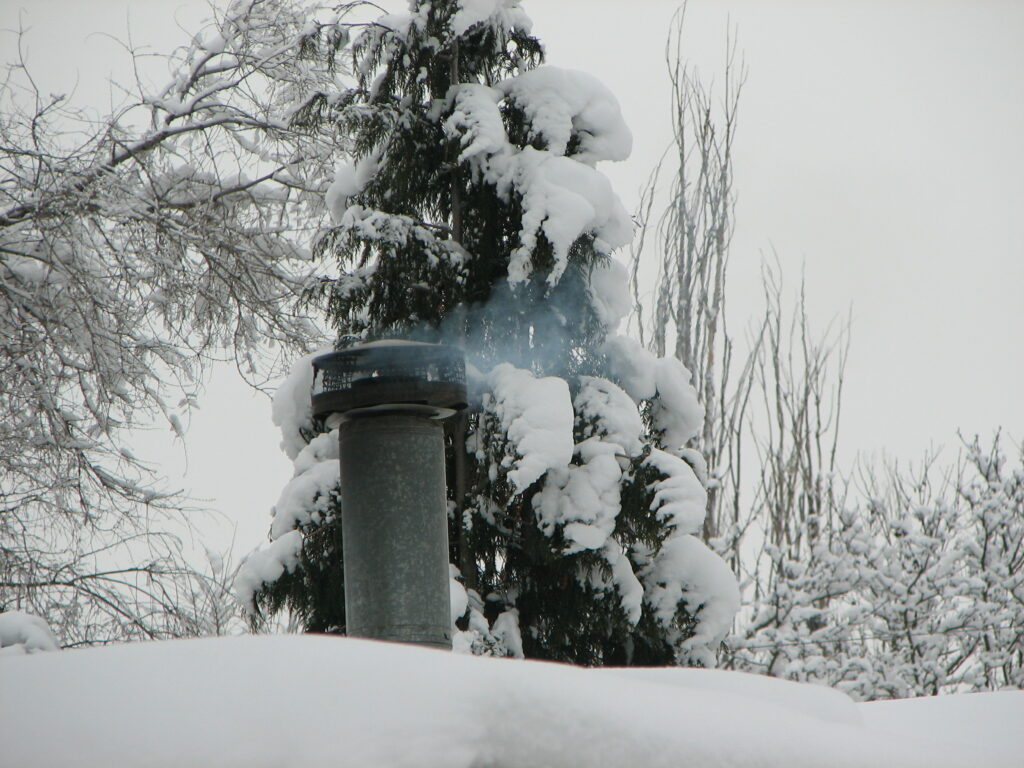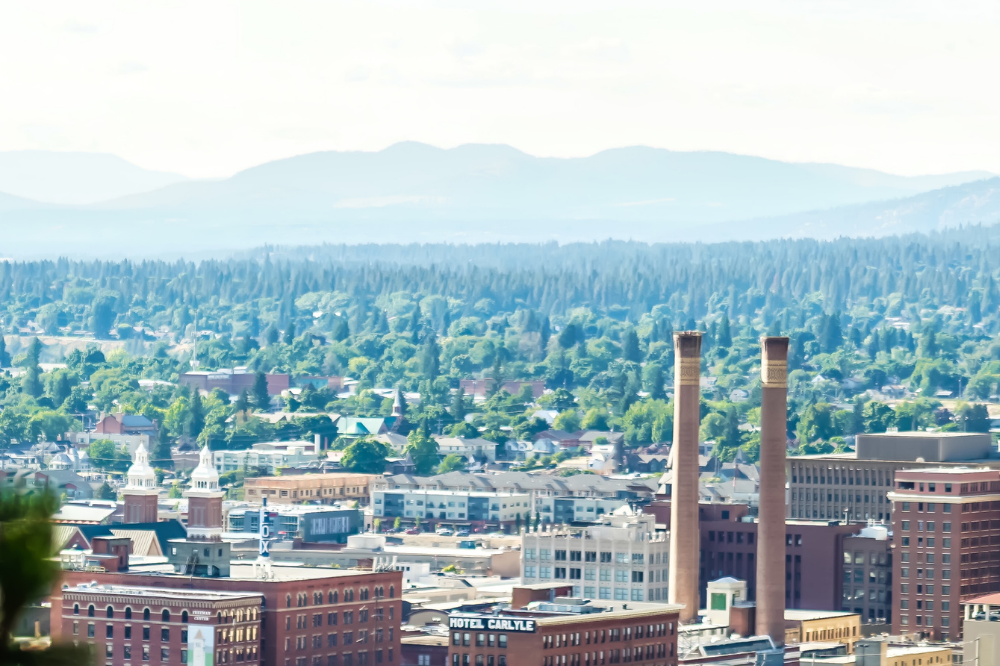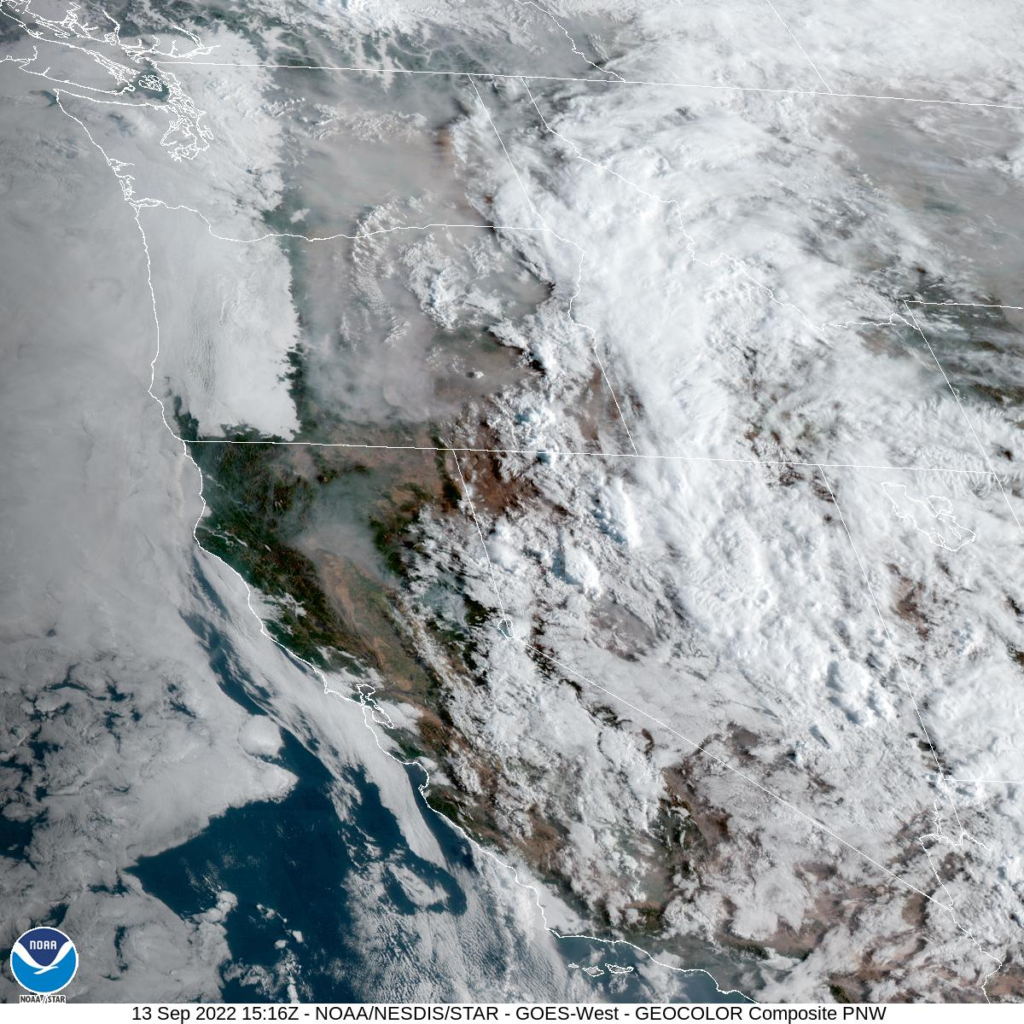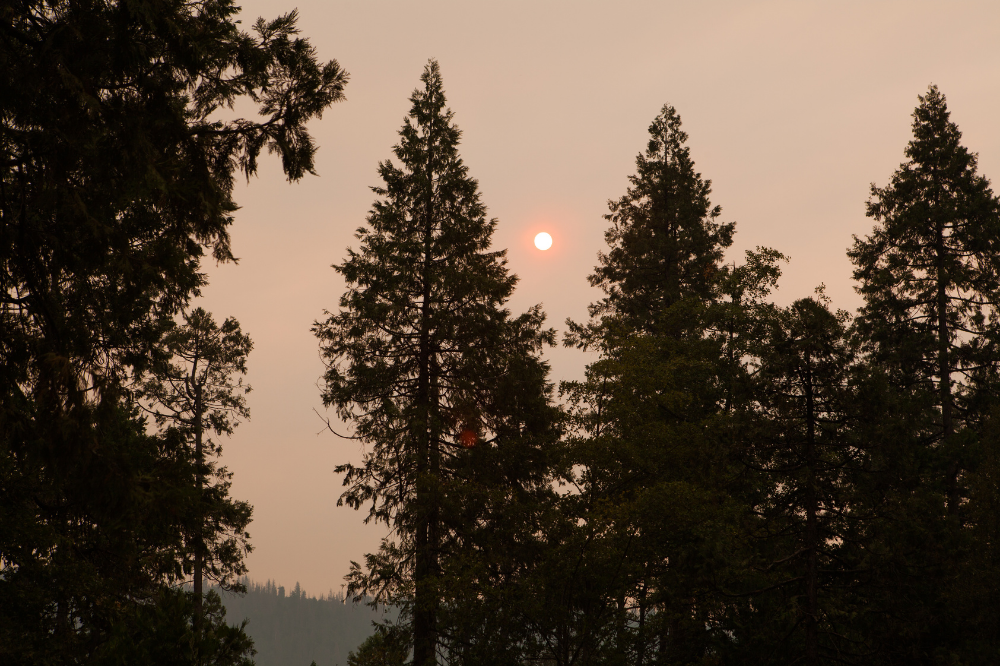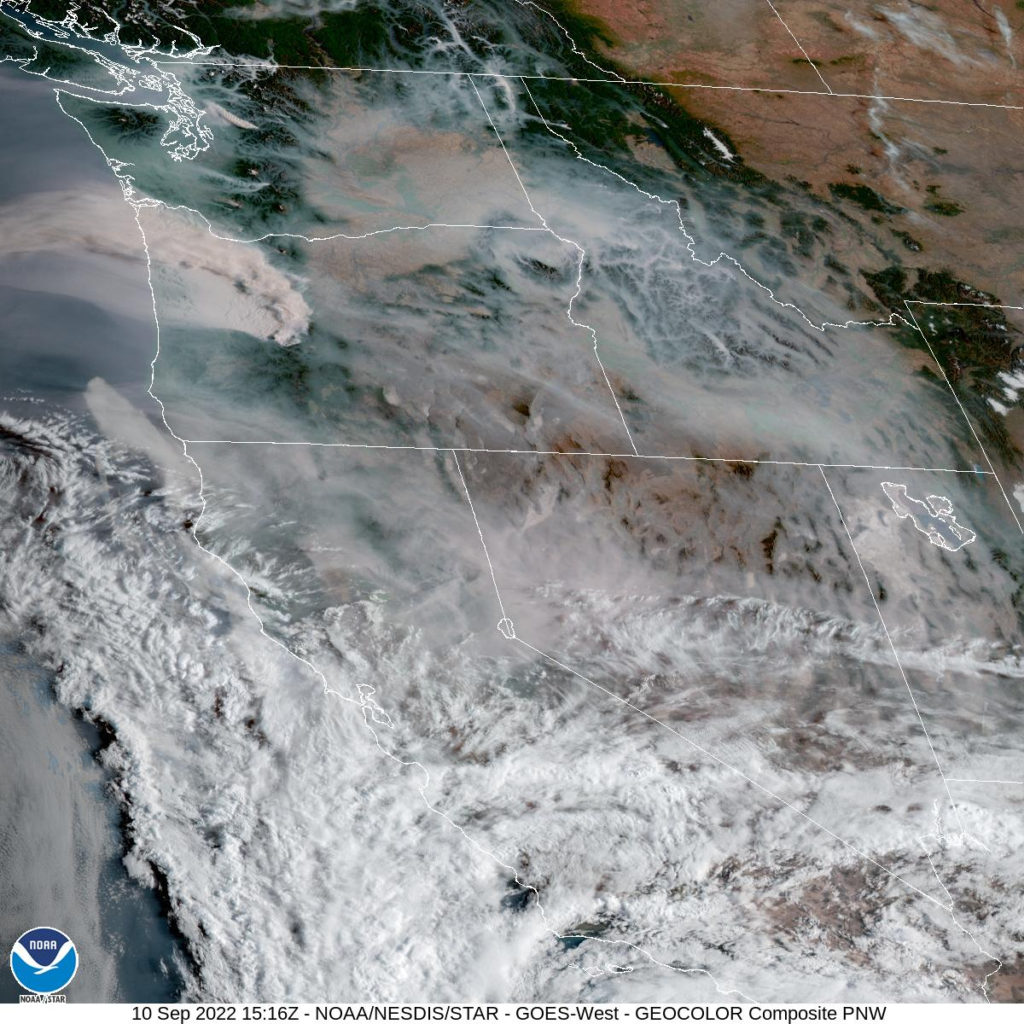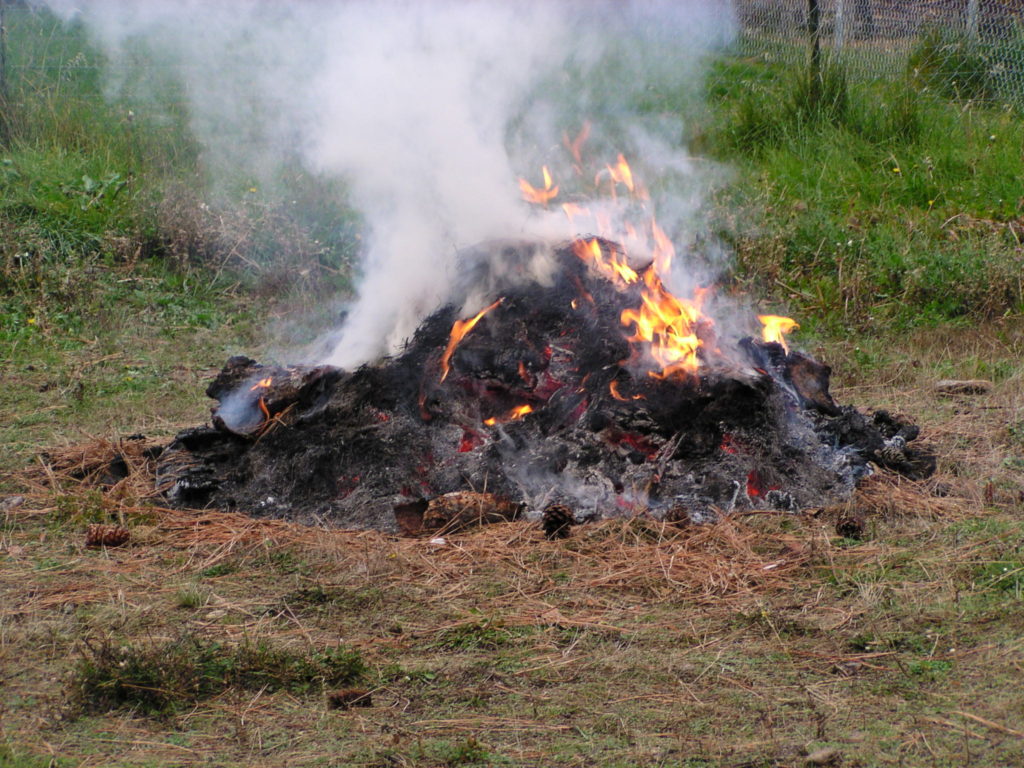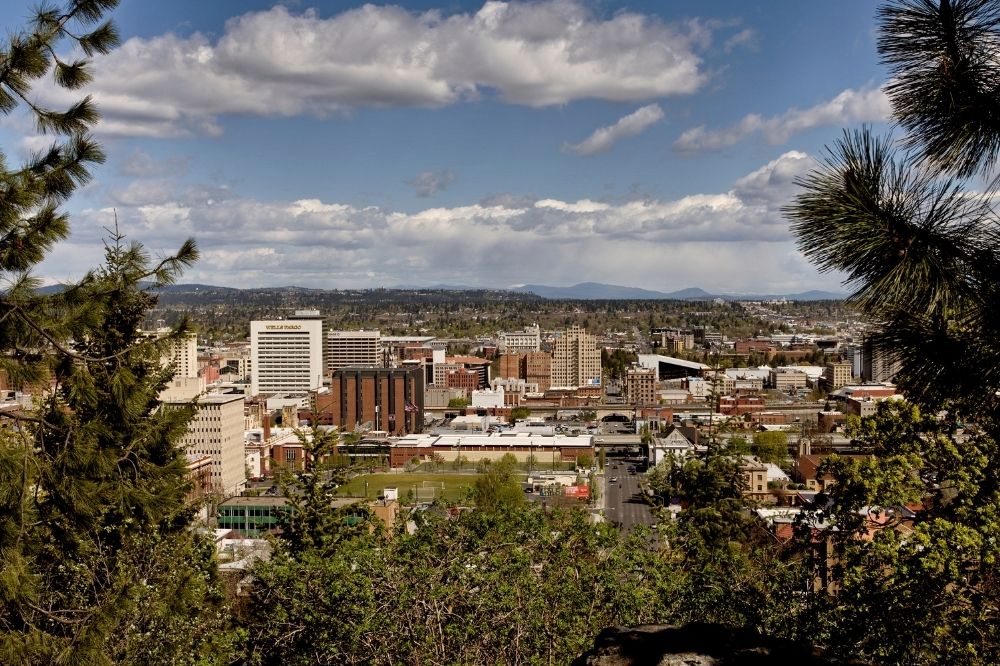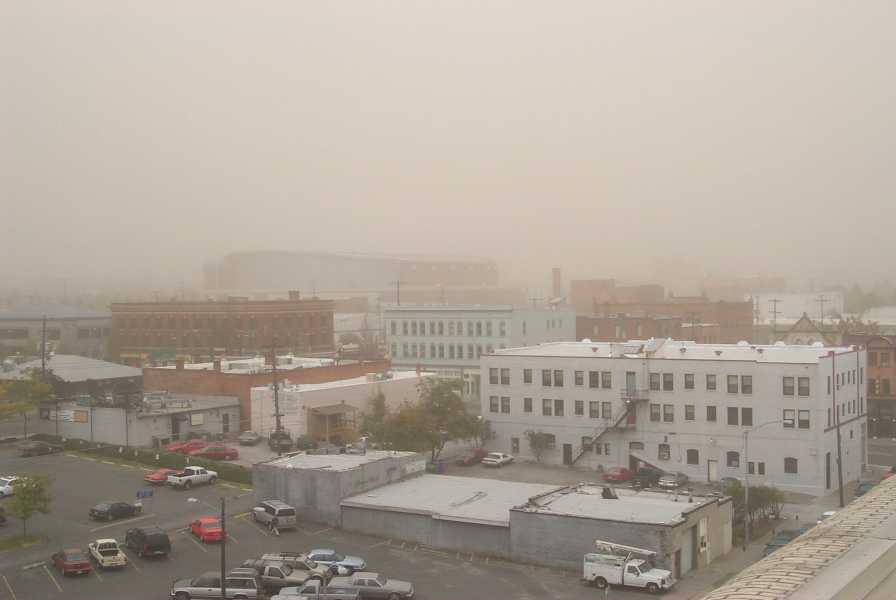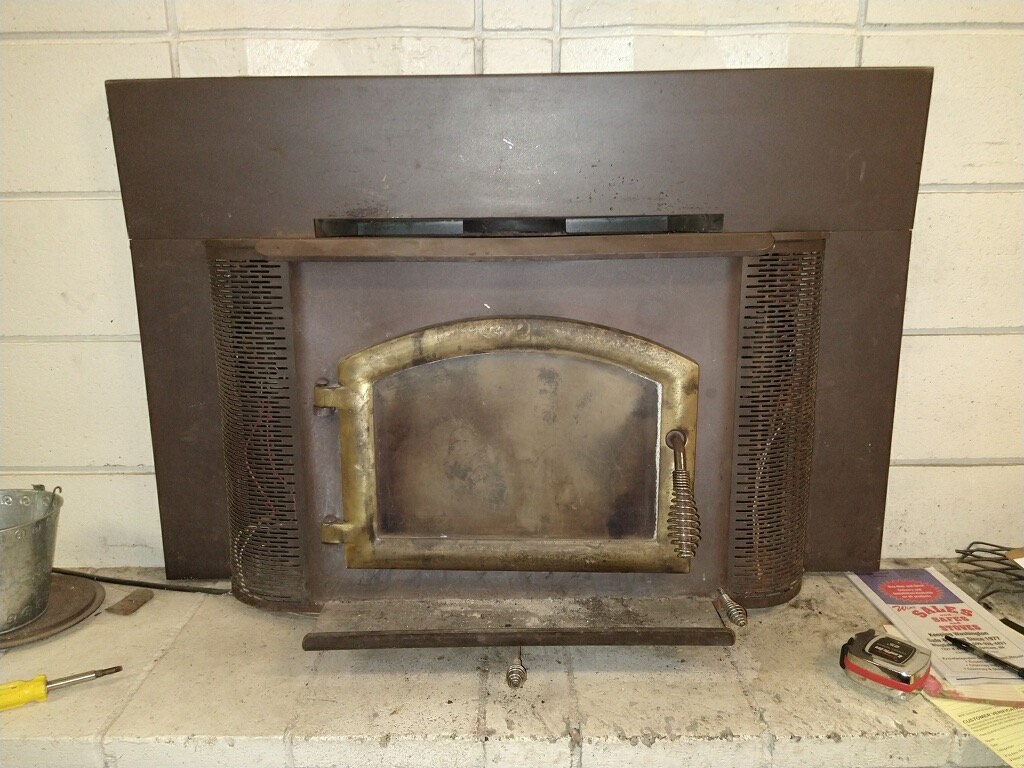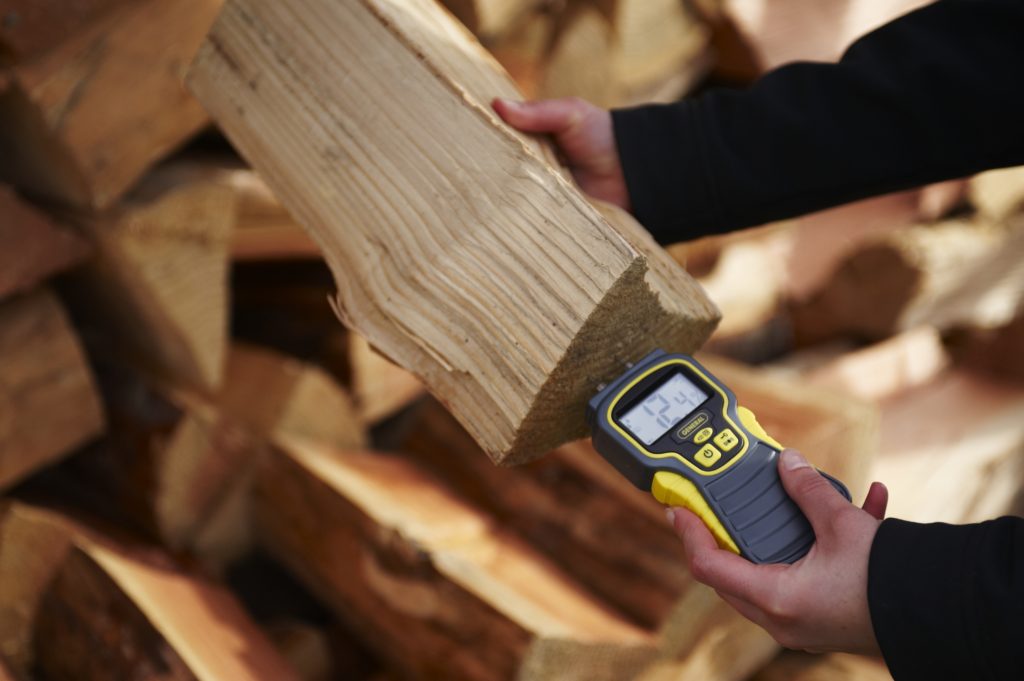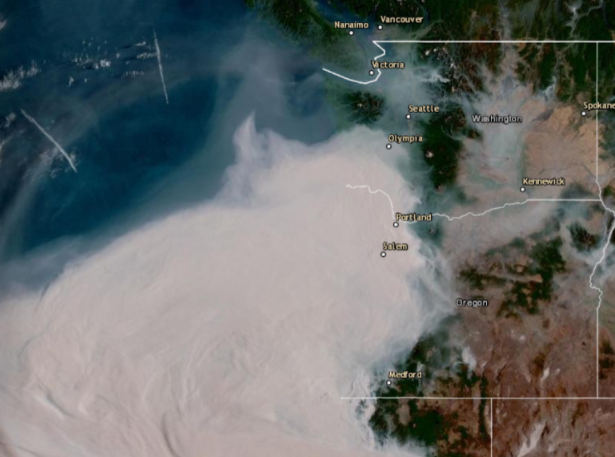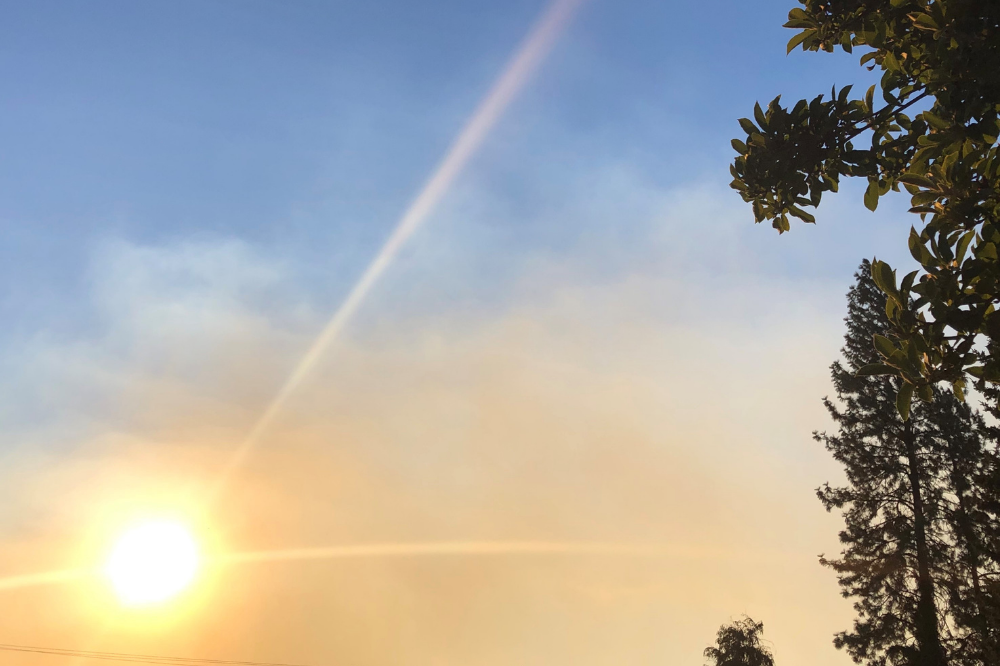
On Saturday, July 10, 2021, air quality in Spokane was impacted by wildfires burning in the region. For about four hours, air quality ranged from Unhealthy for Sensitive Groups/Orange to Unhealthy/Red.
The highest reading was the Airway Heights monitoring station with a Current Air Quality Index of 159 at 10:00 a.m. The overall daily, or 24-hour average, Air Quality Index for PM2.5 came in at 60 or Moderate/Yellow.
“We’re fortunate that this smoke event was relatively short-lived,” said Spokane Clean Air’s Executive Director Scott K. Windsor. “It provides a warning that we should all take steps to prepare for additional smoke throughout the summer.”
Inhaling smoke is not good for anyone, even healthy people. When air quality reaches unhealthy levels, it is important to take precautions. The best way to protect yourself is by reducing your exposure.
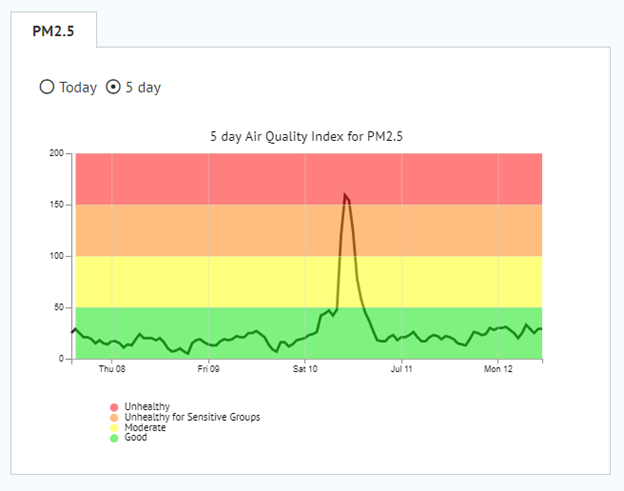
Tips to reduce your exposure to wildfire smoke:
- Check SpokaneCleanAir.org for the current Air Quality Index. The index is updated every hour to incorporate the most recent hour of data. Another great resource for statewide air quality, wildfires and smoke updates is the Washington Smoke blog.
- During periods of poor air quality, know when to limit or avoid your time outdoors. The best way to protect yourself and your family is to stay indoors and keep the indoor air as clean as possible.
- Keep windows and doors closed. Track the air quality and open your windows for fresh air when the air quality improves. Pay attention to the heat indoors. if you don’t have air conditioning and it’s getting too hot, seek shelter a family member’s home or in a public space that has taken the required COVID-19 safety precautions.
- Improve the filtration in your home. Run an air conditioner, set it to re-circulate and close the fresh-air intake. Make sure to change the filter as the manufacturer recommends. It may fill faster when smoke is prolonged.
- Create a “cleaner-air room” in your home using a HEPA filter and change the filter more often when it’s smoky. Some room air cleaners can help reduce particulate levels indoors, as long as they are the right type and size for your home. If you don’t have a HEPA filter, make a DIY box fan filter (see DIY video link on left.)
- Avoid adding to indoor pollution. Don’t smoke or use candles, incense, sprays, fireplaces, or gas stoves. Don’t broil or fry food. Don’t vacuum unless your vacuum has a HEPA filter, because vacuuming stirs up particles already inside your home.
- Check your vehicle(s) cabin air filter, make sure it is HEPA equivalent and change it more frequently when it is smoky.


